The mega-merger of Fiat Chrysler Automobiles (FCA) and Renault, poised to create the world’s biggest car group, has been welcomed by analysts. But the threat of factory closures, cost savings that struggle to emerge and the complications of making an unwieldy conglomerate workable are just three of the major risks.
Last week, Renault agreed to “examine the proposal” received from FCA to merge the two into a new company jointly owned 50/50, based in The Netherlands and with annual sales of 7.95 million units. Add in Renault’s alliance partners, Nissan and Mitsubishi, and the combined group output will be 15m units per year, which is 5m more than either the Volkswagen Group or Toyota.
The merger, known internally as Project Newton, promises to fix any number of problems for both FCA and Renault. But it also raises serious questions about Renault’s continuing alliance with Nissan and Mitsubishi, which is already under strain from Japan’s reluctance to further integrate and the incarceration of former alliance CEO Carlos Ghosn.
Advantages for Fiat include access to platforms that would enable it to return a full range of models to its diminished lineup, a chance to fill its empty factories and access to electric car expertise.
Renault, in turn, would be able to enter the premium market through Alfa Romeo and Maserati, the US through Jeep and Dodge and self-driving through FCA’s Waymo.
“Potentially, there is a good fit and a lot of synergies, but it would be natural to be sceptical that big mergers like this have failed in the past,” said professor David Bailey of Aston University.

FCA released a document setting out the merger’s potential financial benefits, which, it stressed, are “not predicated on plant closures, but achieved though more capital-efficient investment in common global vehicle platforms”.
Up to €5 billion (£4.4bn) is forecast to be saved every year through cuts in purchasing (40%), R&D (30%) and manufacturing (20%), although FCA predicts that first-year “cumulative implementation costs” of up to €4bn (£3.5bn) will delay savings until year two.
Two analysts contacted by Autocar remain unconvinced that such savings can be made solely by shaving budgets. Bailey said: “Achieving €5bn in savings without significant plant closures may be difficult.”
Felipe Munoz of analysts Jato Dynamics said: “It’s hard to see how these savings can be made to last without factory closures.”

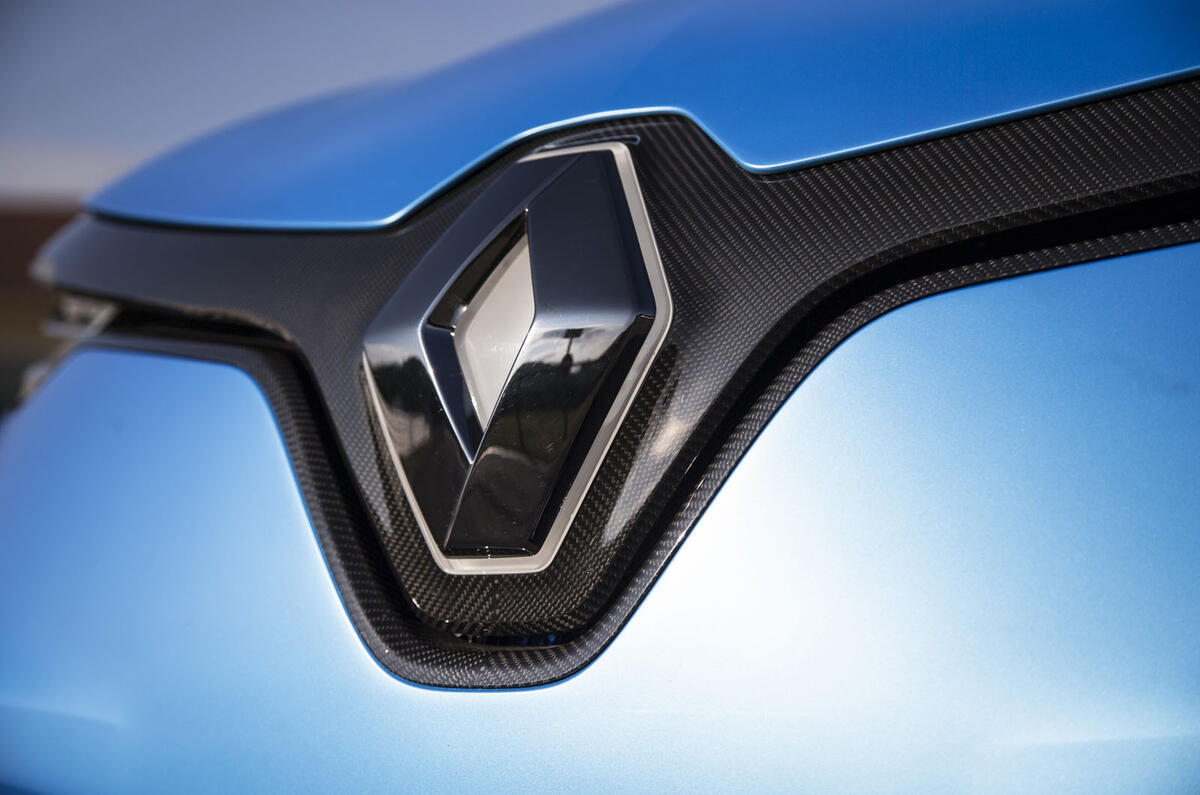
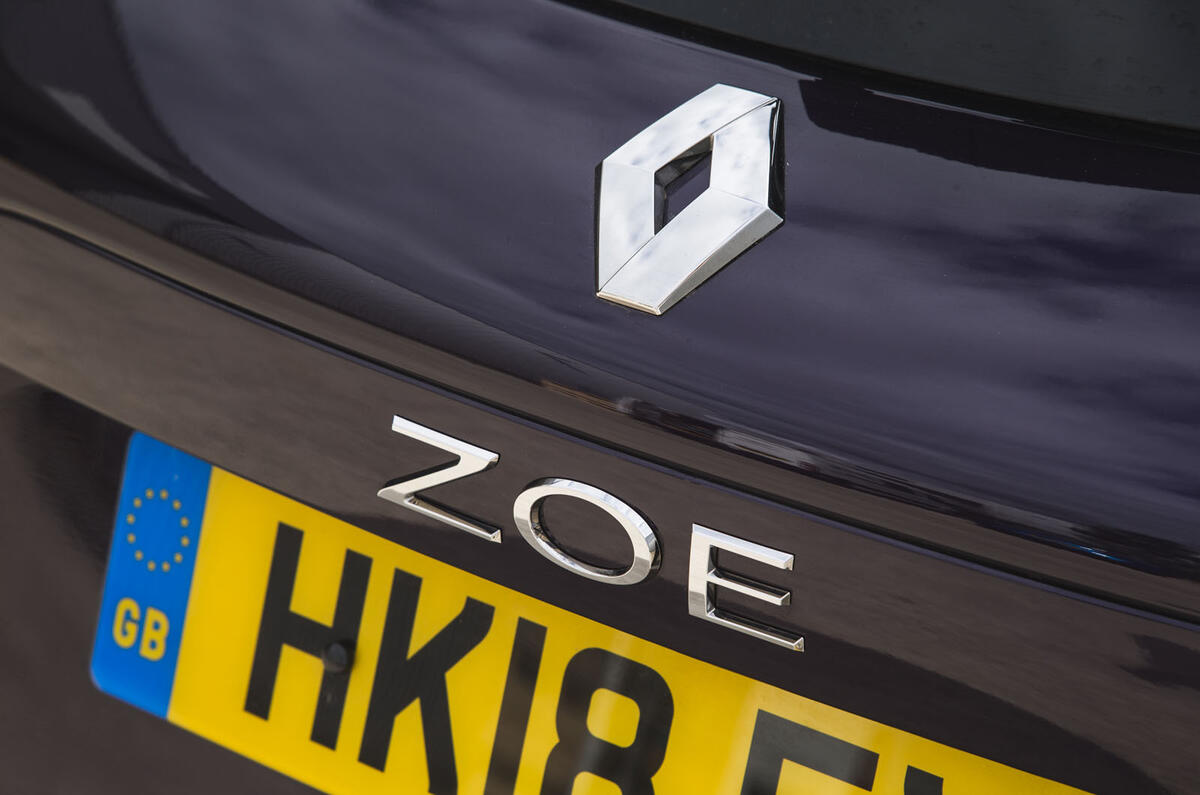
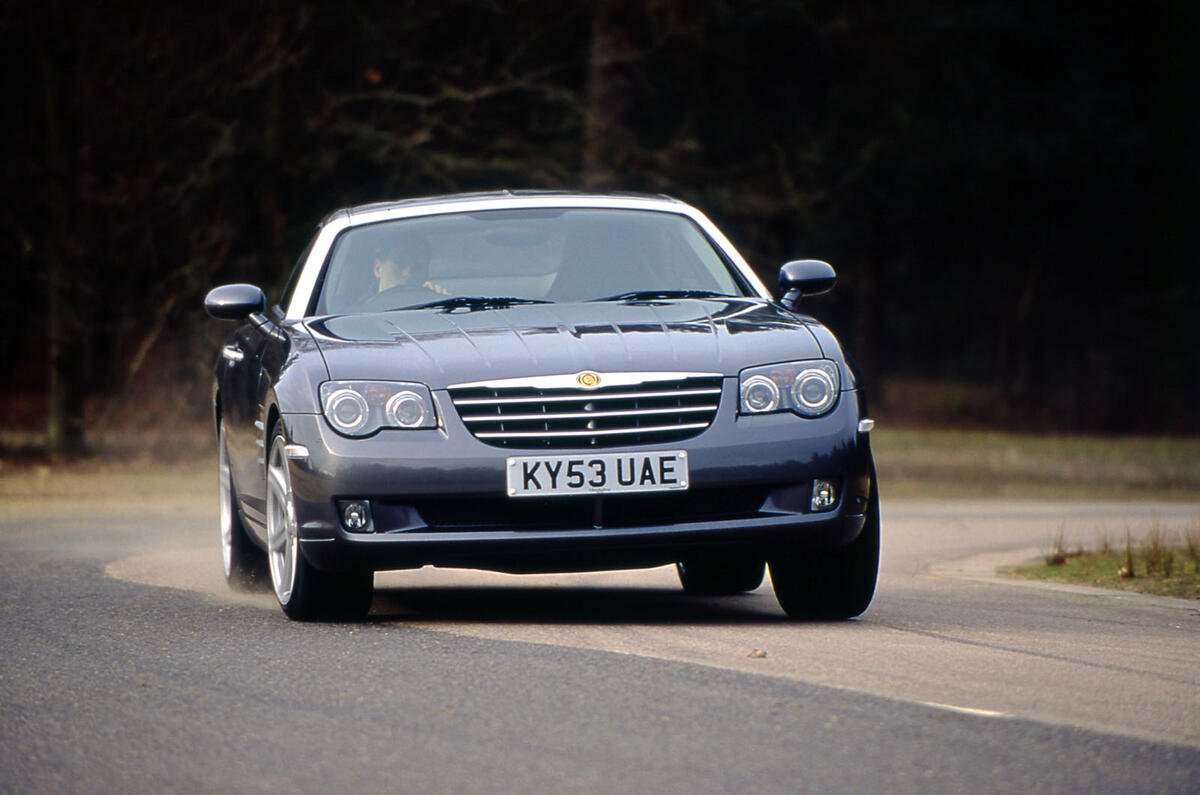
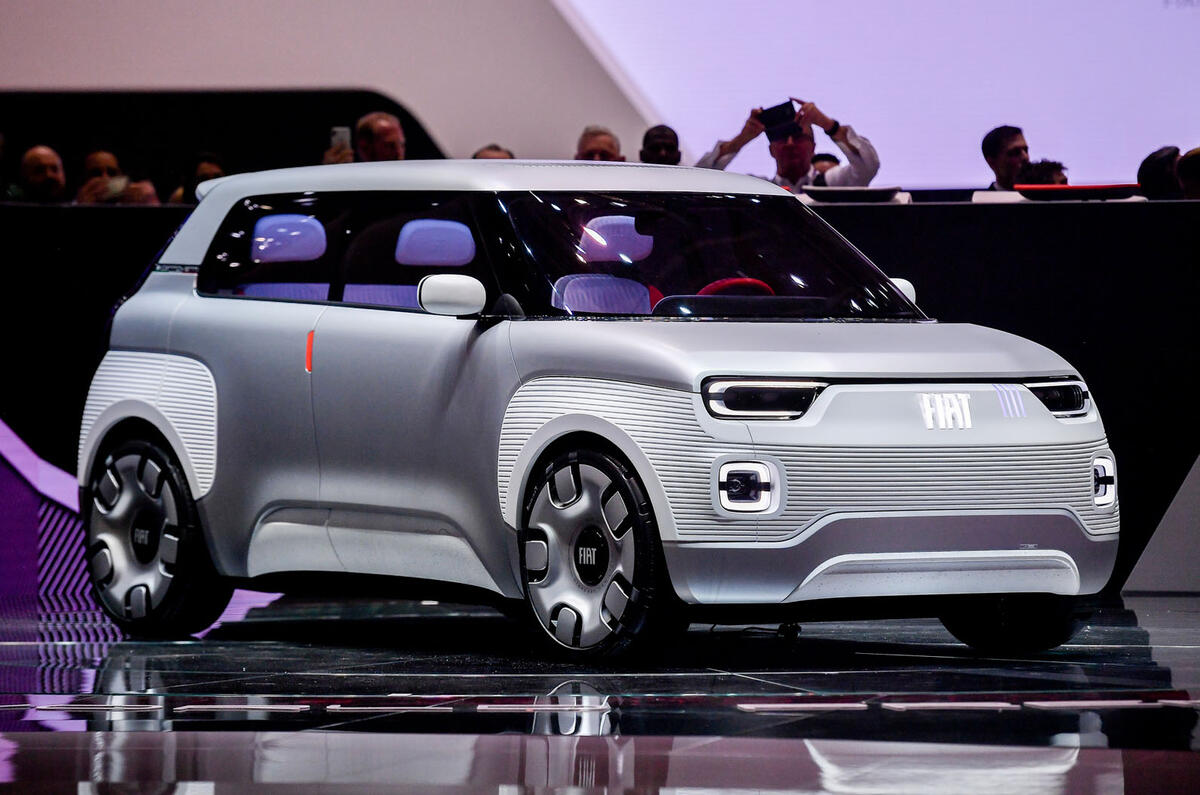
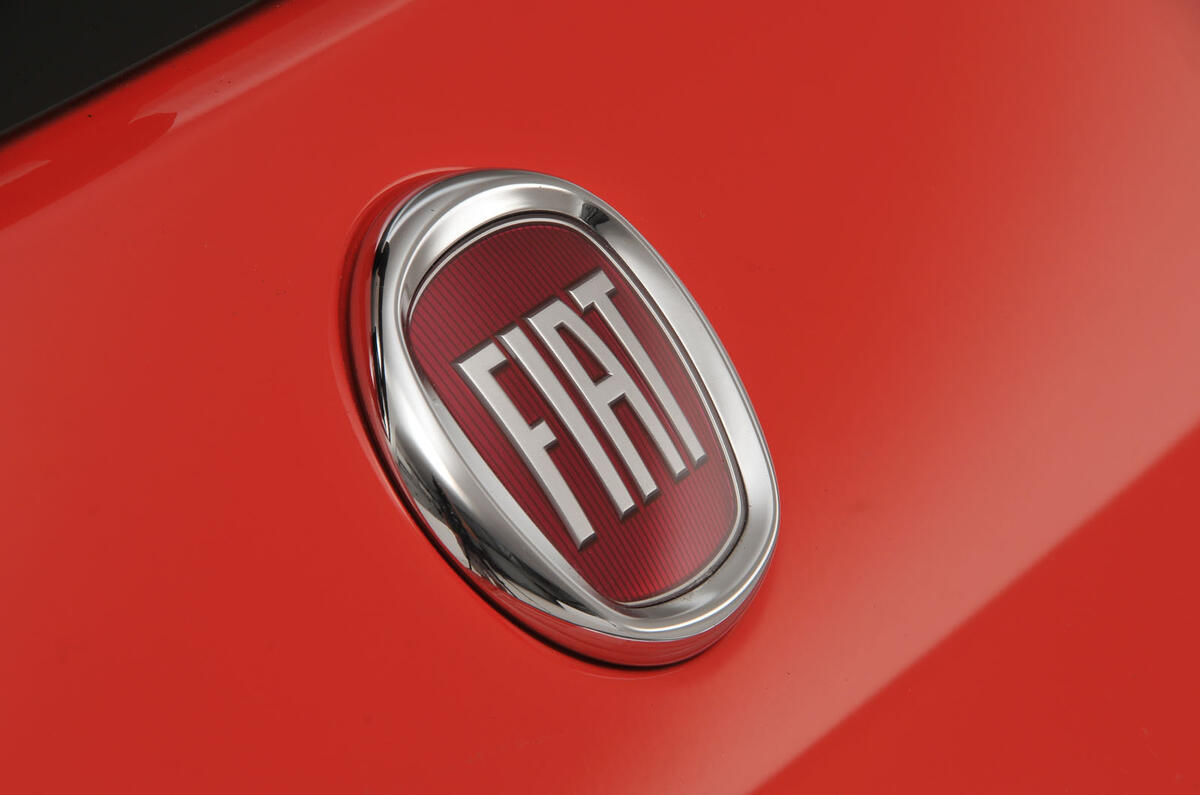
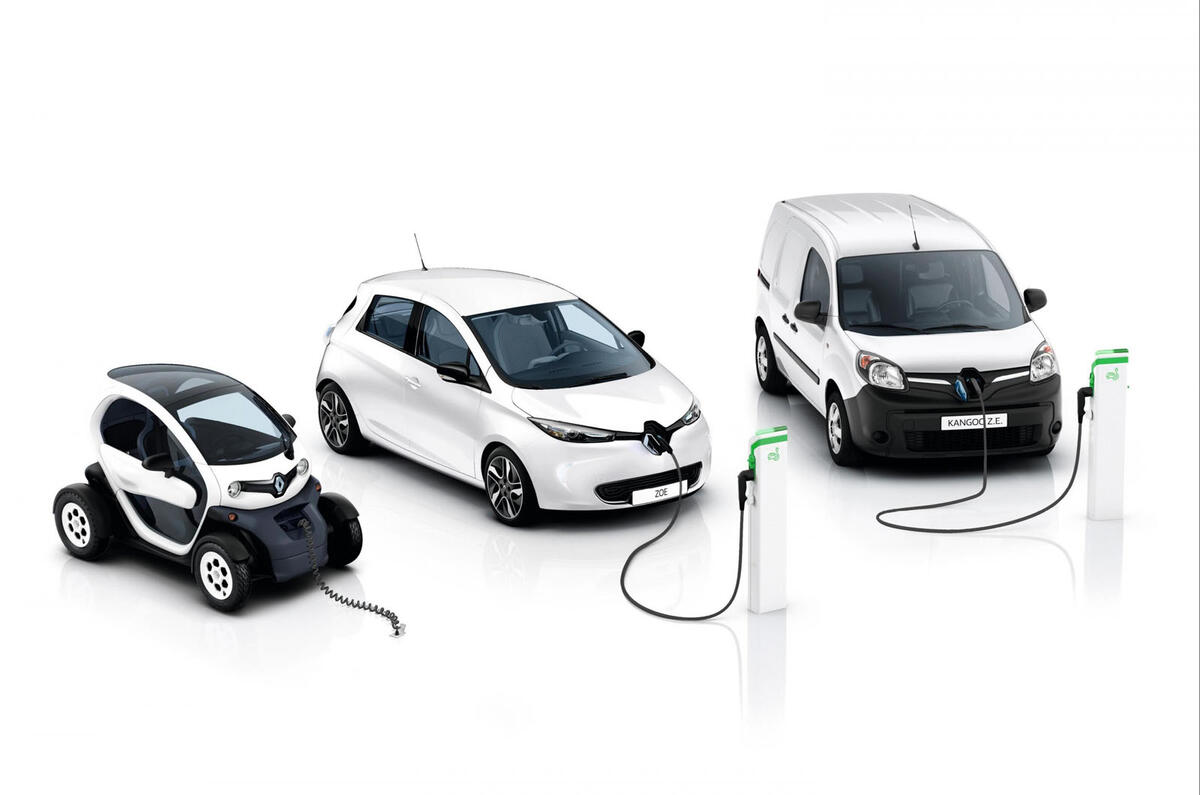
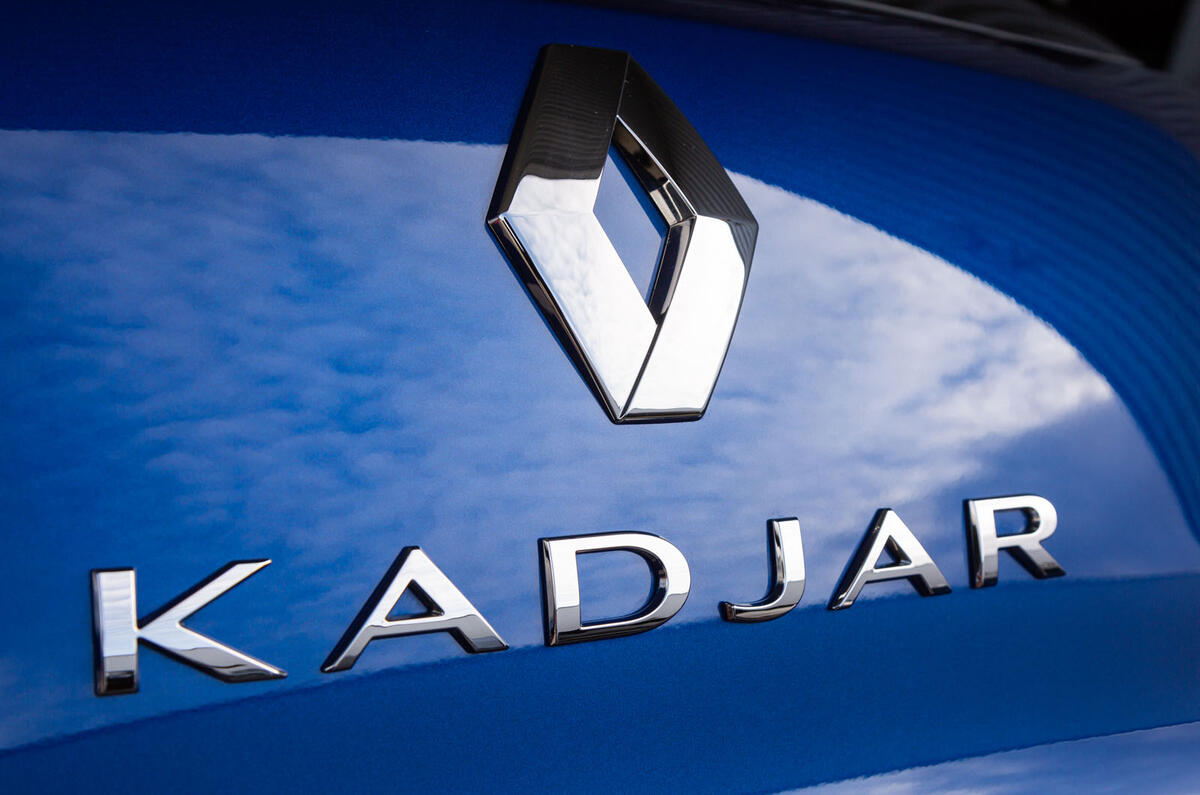
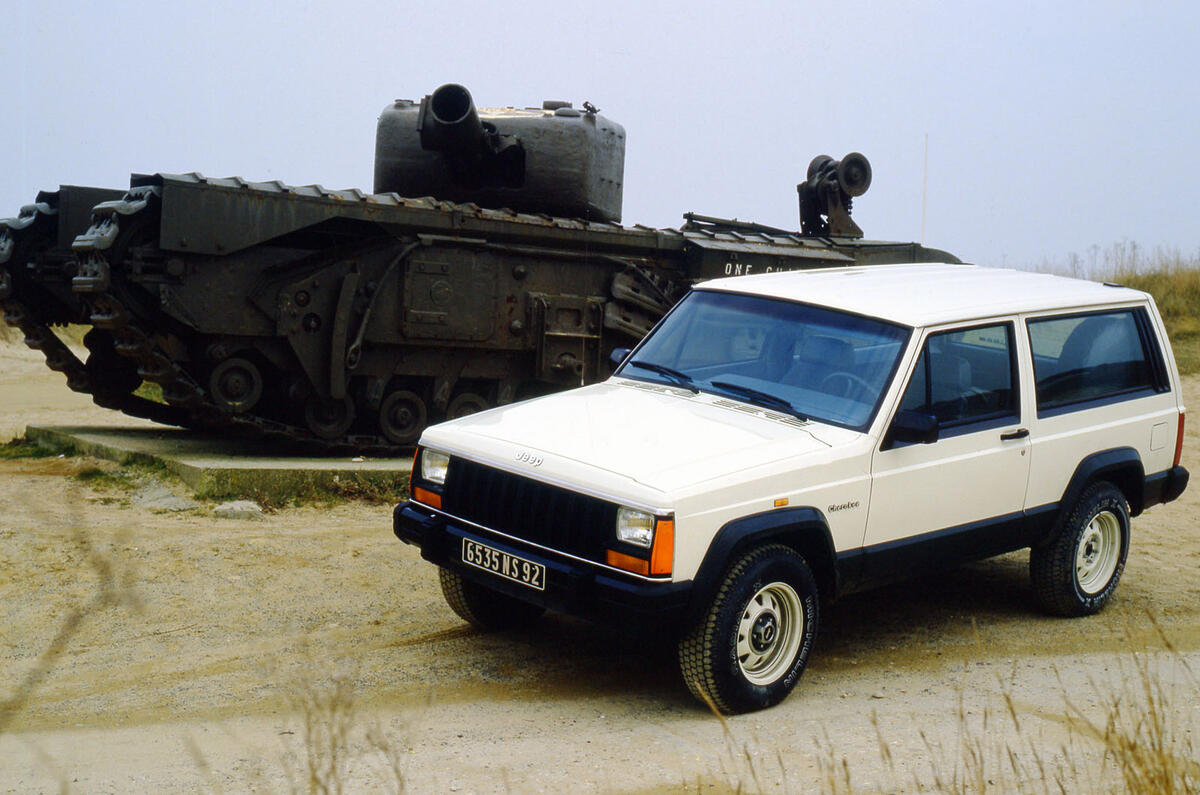
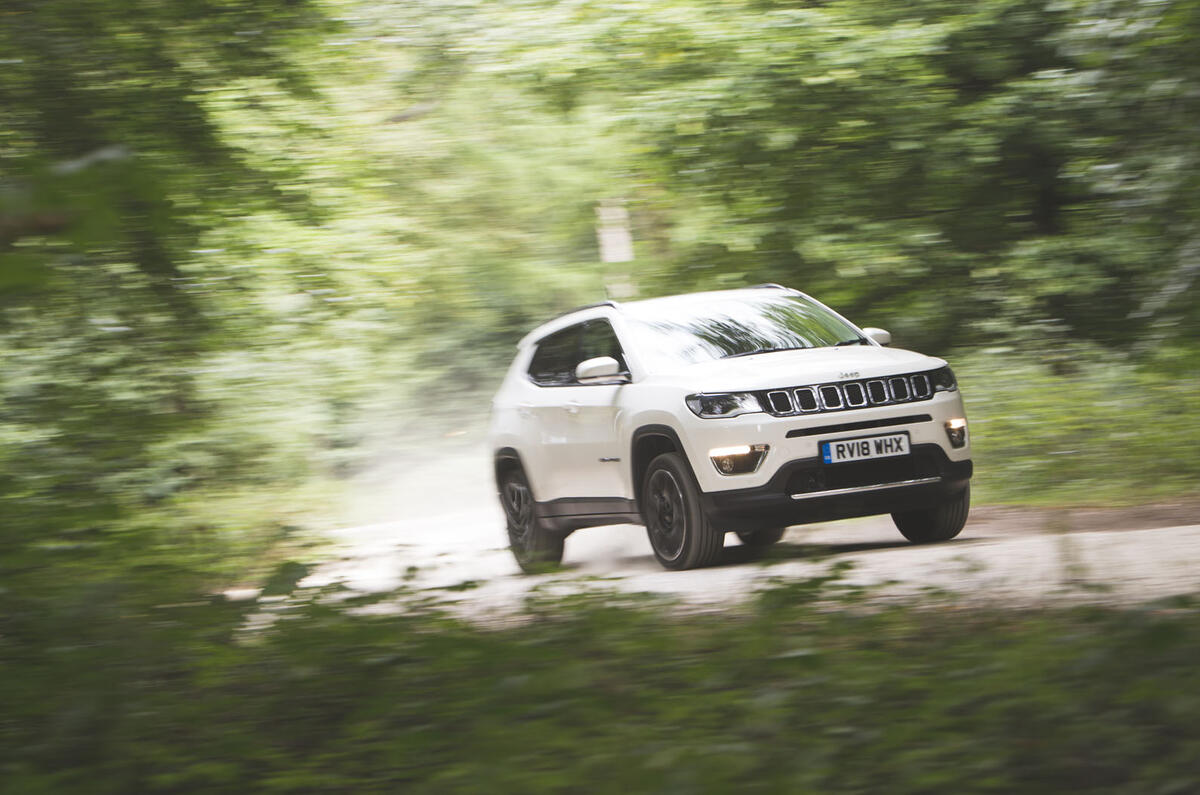
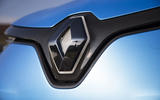
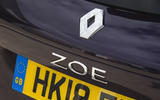
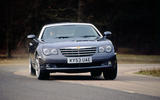
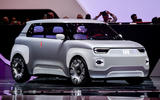
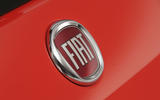
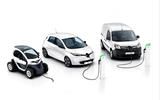
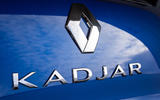

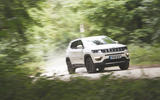

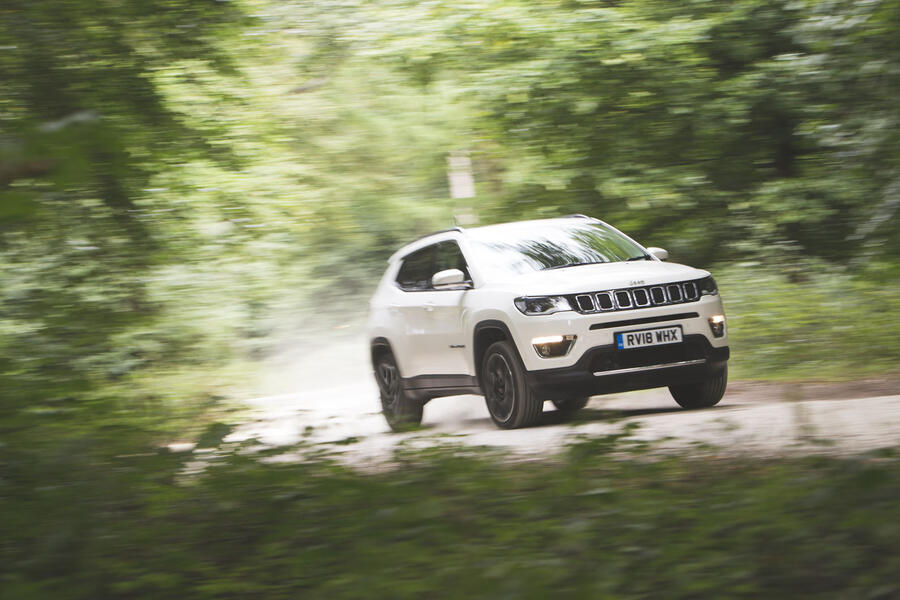
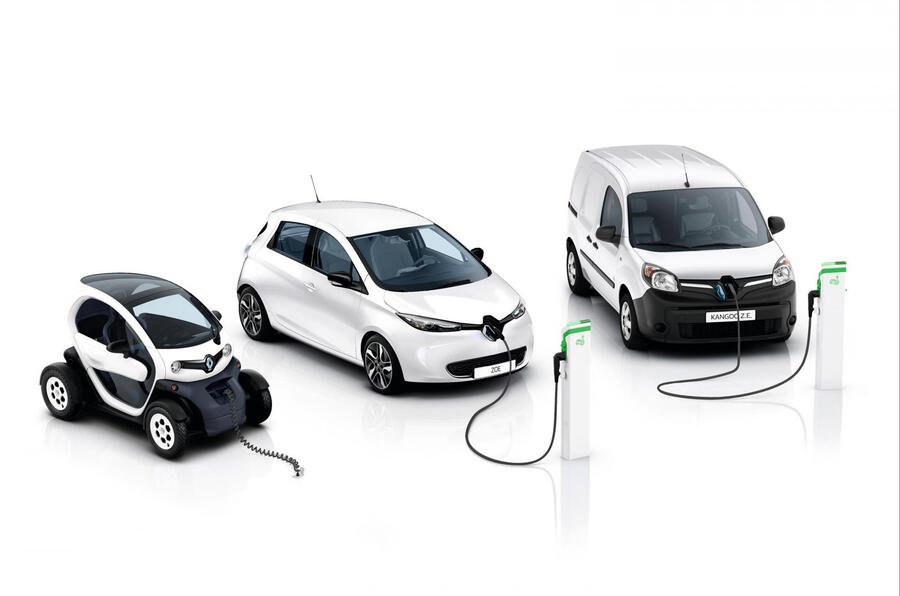
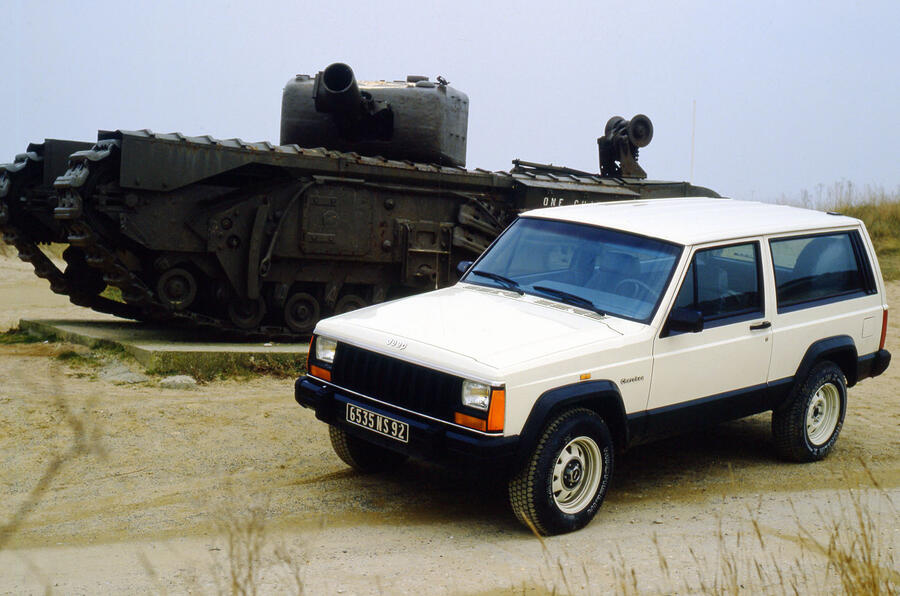

Join the debate
Add your comment
Nothing to worry about
I don't see any problem with Nissan ccnaija concerning the merger
Doomed.
Politicians and Unions will interfere constantly and quality will not improve.
It will never work.
Cultural integration nightmare
The French government Will no doubt interfere.